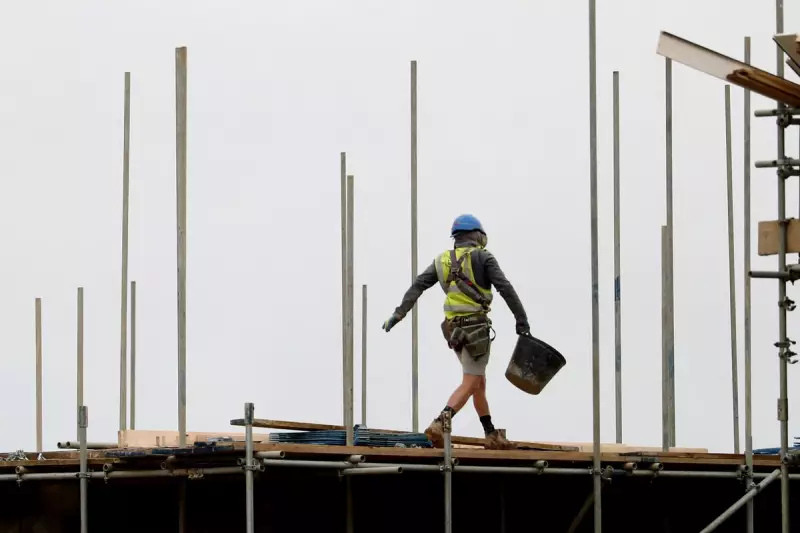
Britain's property landscape has taken an unexpected turn as Nationwide Building Society reports its first annual house price fall in over three years, signalling a potential shift in the UK's housing market fortunes.
Market Downturn Confirmed
According to the latest data from one of Britain's largest mortgage lenders, average house prices have declined by 1.2% over the past 12 months. This marks the first time since the pandemic year of 2020 that Nationwide has recorded an annual drop in property values.
The figures reveal that the typical UK home now costs £257,122 - representing a substantial £4,500 decrease compared to this time last year. This downturn follows nearly four years of consistent growth that saw property values reach unprecedented heights.
Monthly Declines Continue
March brought little relief for homeowners, with prices falling by 0.2% compared to February. This continues a worrying trend that has seen property values decline in five of the last six months, suggesting the market adjustment is more than a temporary blip.
Robert Gardner, Nationwide's Chief Economist, commented: "The housing market reached a turning point last year as a result of the financial market turbulence which followed the mini-Budget."
Economic Headwinds Bite
Several factors are contributing to this market correction. Soaring inflation and rising interest rates have significantly increased mortgage costs, making homeownership less affordable for many Britons. The Bank of England's successive rate hikes have particularly impacted those coming to the end of fixed-rate deals.
Gardner explained: "It will be hard for the market to regain much momentum with economic headwinds set to remain strong." He highlighted that "real earnings are still falling, and the labour market is widely projected to weaken as the economy shrinks."
Regional Variations Persist
While the national picture shows decline, regional disparities remain significant. Properties in London and the South East continue to command premium prices, though growth has slowed considerably. Meanwhile, northern regions that saw rapid price increases during the pandemic are now experiencing the sharpest corrections.
Future Outlook Uncertain
Experts suggest the market may face further challenges in the coming months. With consumer confidence remaining fragile and the full impact of higher mortgage rates yet to filter through to many households, the traditional spring buying season could prove weaker than usual.
However, some analysts point to resilient employment figures and the possibility that inflation may have peaked as potential stabilising factors for the property market in the latter half of 2024.





